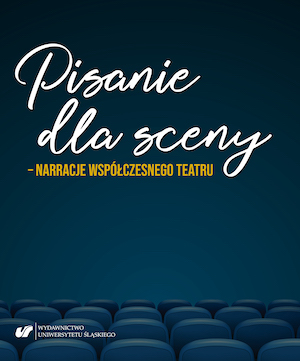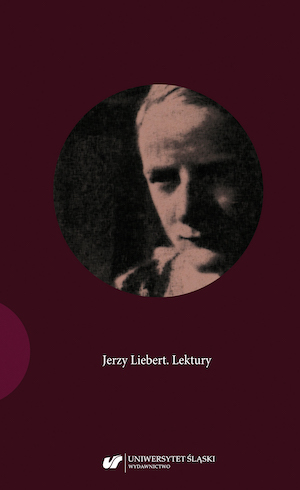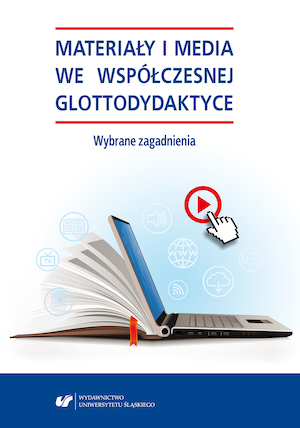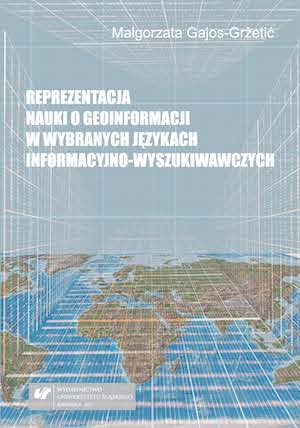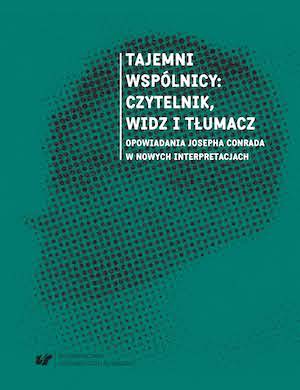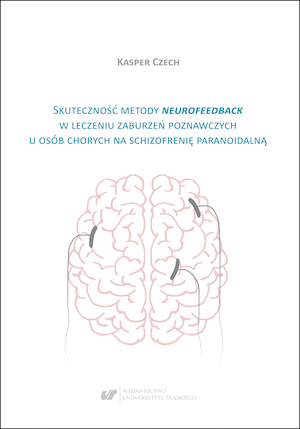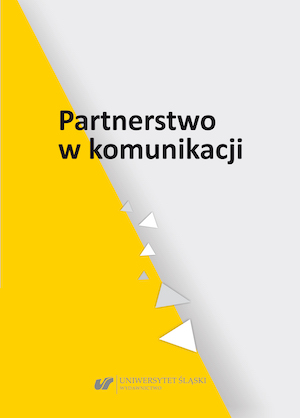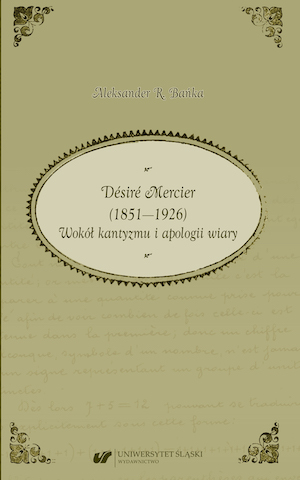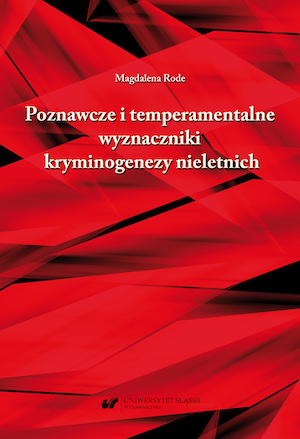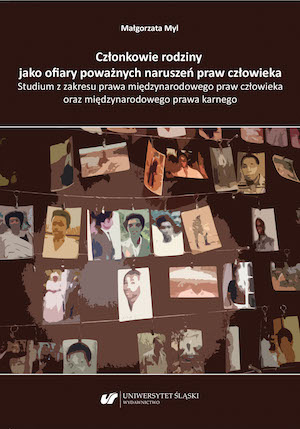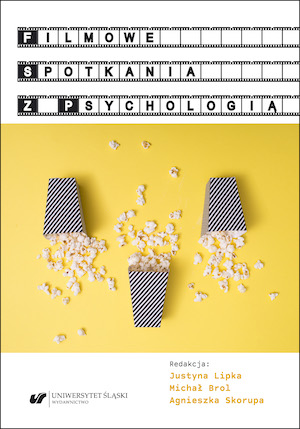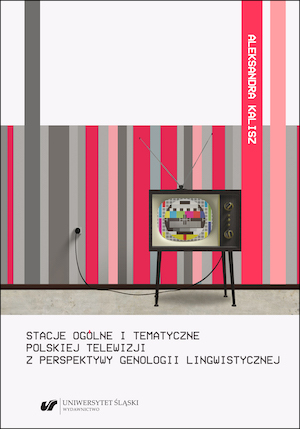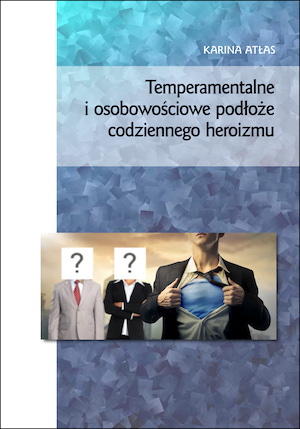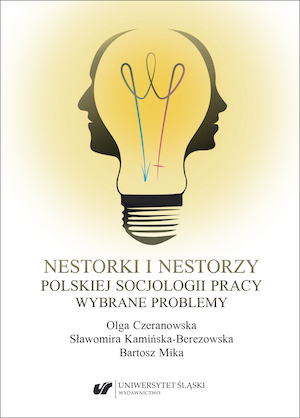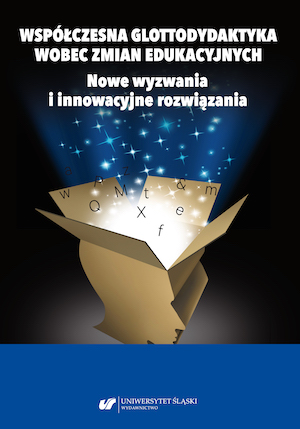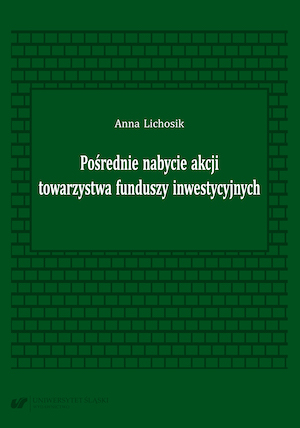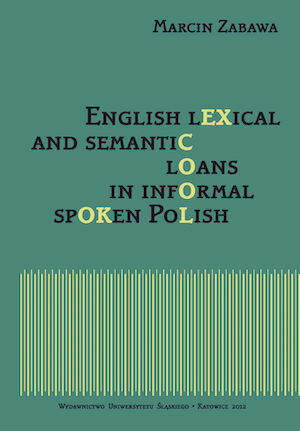Sprawcza moc przechadzki, czyli polski literat we włoskim mieście
Author(s): Aleksandra Achtelik / Language(s): Polish
Keywords: Polish literature; Naples
The work entitled: Causative Power of a Stroll, or a Polish Writer in anItalian City, consists of two parts: first – The Neapolitan Texture – is devotedto the depiction of Naples in Polish literature, second – Cities and Signs –is an attempt to reconstruct the literary pictures of certain selected Italianareas. Hence, the particular parts of the study describe respectively: theimage of Rome considered in the context of “a ruin-city”, Venice emergingfrom the texts collected in a monographic issue of “Literary Notebooks”[„Zeszyty Literackie”], and Sicily as a space regarded through the prismof an insular area, to a certain extent independent territorially. The largestpart of the book has been devoted to the Neapolitan space, since in Polishaccounts from journeys not many works present the motif of Naples in themost comprehensive way.Two factors determined the selection of material to the present publication:the actual stay of the author within the described space and the intenton creating a text the primary function of which would be performing therole of a specific type of baedeker. Moreover, the author has designatedcertain time frames in which the literary texts subjected to interpretation hadbeen written. It allowed her to reconstruct diachronically the cultural spacesof the selected Italian cities, consolidated in the Polish literary tradition. Theuse of literary texts as the source material, in turn, enabled her to combineinterpretative tools from the fields of anthropology and literature, witha special consideration of the achievements of literary anthropology.The author of the work refers to the selected texts of Polish writers whodecided to depart for a journey to Italy, though their presence in the describedspaces was always transient, usually resulting in the hasty penetrationof the Italian urban areas. Hence, the arbitrary selection of places that thewriters visited, the ciliary character of their description, and the selectivenessof spaces considered significant enough to be inscribed into the culturalreservoir of memories is presented in their writings. All the accounts areinterrelated not only in terms of the common observed and traversed area,but also with regard to the specific individual character of these observations.The examinations performed from the position of a pilgrim-traveller anda passer-by respectively, are a subject to the present analysis. The categories ofa stroll and a passer-by are especially important for the interpretative functionthe work is expected to perform. The author distinguishes between differentconditions of a tourist, a pilgrim, a traveller, a stroller and a passer-by. She alsoadvances a thesis that Polish writers depart for Italy as travellers, however,within the visited urban area, they repeatedly adopt the role of a passer-by,exposing themselves to the cognitive strategy characteristic of this figure. Theysuccumb to the power of a slow, spontaneous movement from one point toanother, which does not proceed according to any particular plan. Duringthe time of a stroll one becomes exposed to the stimuli which cannot beoverestimated, as they make this particular relation individual, introduce newelements to the texture of the city description and, simultaneously, allow theauthor to reconstruct the cultural patterns operating in the described space.A passer-by learns the particular fragments of the city, this way creatinga certain mosaic. A reader, in turn, gets to know the urban space following therhythm of steps, and the successive depictions of the city. This picture is discontinuous– it includes only these places which the visitor from Poland hasdiscerned and discriminated. Hence, regarding the records of many writerstravellers-passers-by as one text of a particular city, seems legitimized. Owingto this process, the reconstruction of “a full picture” of the interpreted area becomespossible. It also makes recreation of the urban structure in Polish travelnarratives easier: for Naples, this would be a category of anxiety, for Rome– ruins, for Venice and for Sicilian cities – the spectrum of death. Moreover,penetrating the city, passers-by physically “face” the unknown area, they getculturally closer to The Other, describing their individual experiences, whichfor the researcher become an interpretative framework. Of course, one needsto bear in mind that their view is always culturally conditioned. Passers-by inevitablymake a selection of important aspects and cannot liberate themselvesfrom the scheme of observation imposed on them by the cultural tradition.It is interesting that through their work, they introduce new elements into thetexture of Italian travel discourse, which is significant for the reconstruction ofcultural space, and allows the author to describe the specific cultural profileswhich have been distinguished in the particular parts of the present study.A stroll enables one to enter the relation of walking-looking-writing, makingit possible to reconstruct this cognitive sequence.The author emphasizes that Polish writers designate their trail to Italyusing the experience of their precursors, to some extent trying to copy theitineraries they know from other visitors’ descriptions and thus, becominga part of the cultural community. However, once already in Italy, they oftenturn into passers-by, simultaneously creating new maps of walking tours,swerving from the beaten track, losing their way, and thus becoming theauthors of a new interpretative value. Their look is directed primarily towardscultural otherness. With their stroll they map the penetrated spacesof Italian agglomerations. The stroll has a causative power of cognition andpotency of an interpretative perspective.
More...
